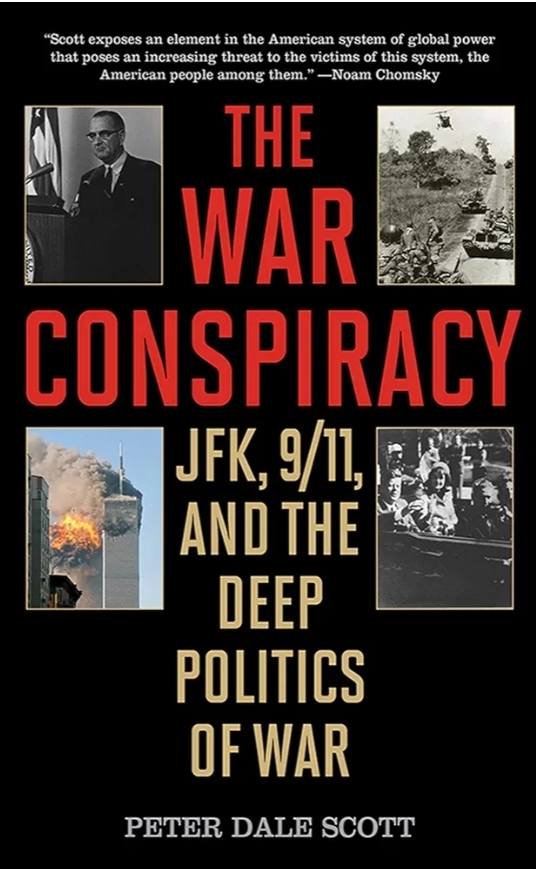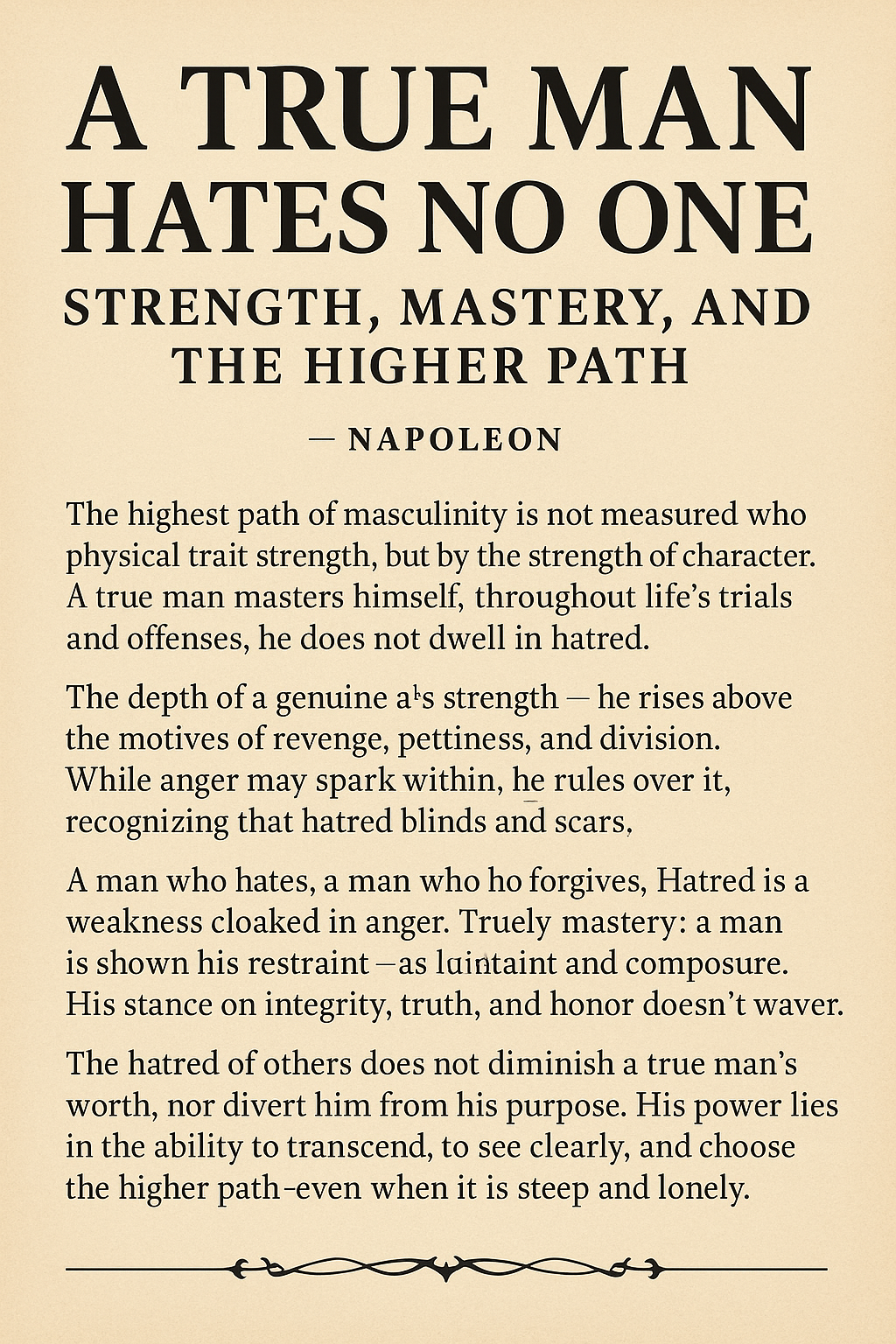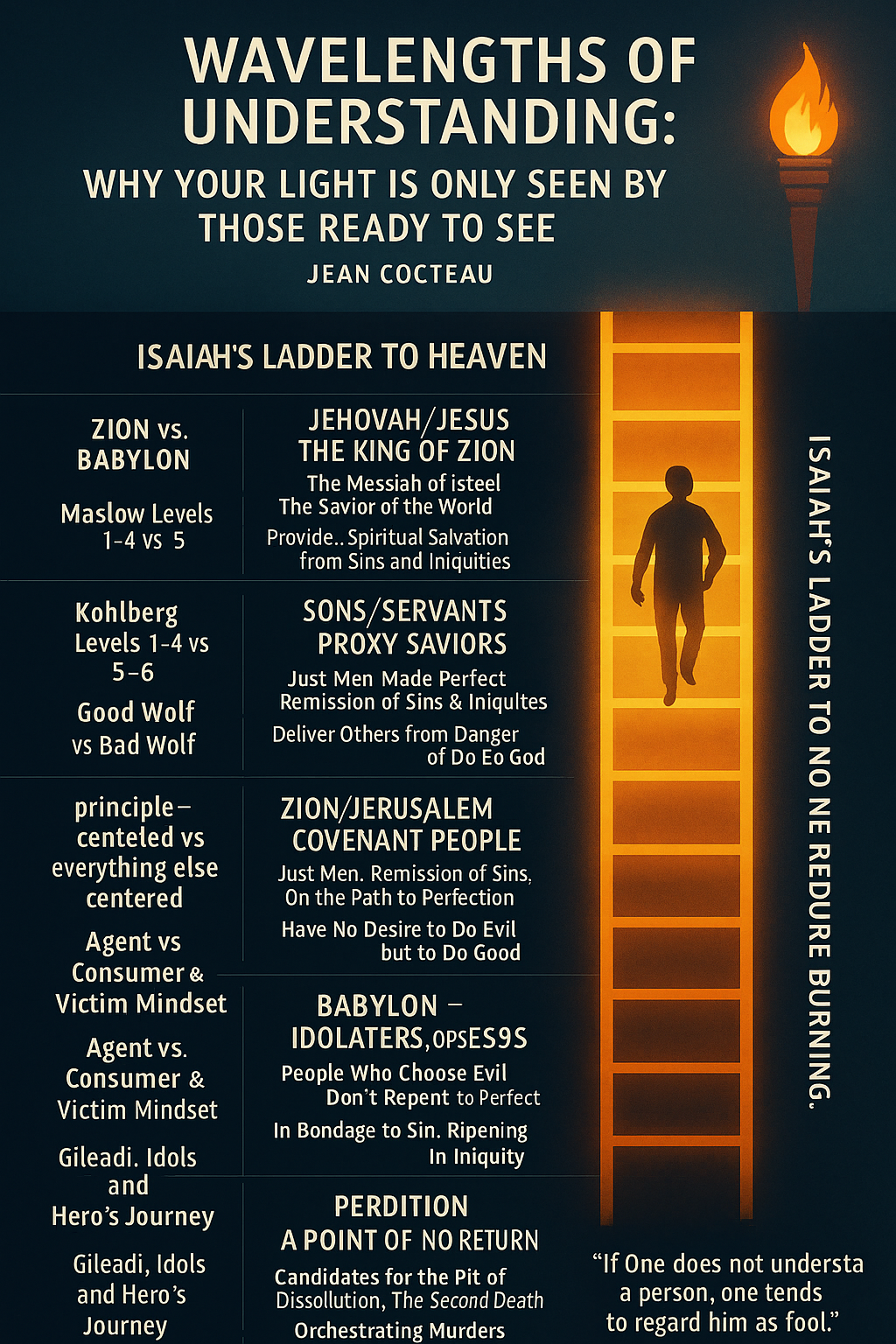“The War Conspiracy: JFK, 9/11, and the Deep Politics of War” by Peter Dale Scott, published in 2008, investigates the hidden and often unacknowledged forces behind key historical events such as the assassination of President John F. Kennedy (JFK) and the terrorist attacks on September 11, 2001 (9/11). Scott, a former Canadian diplomat and professor at the University of California, Berkeley, uses the concept of “deep politics” to explore the covert networks and unofficial alliances that influence government decisions and shape world events.
Key Themes and Arguments:
- Deep Politics and Hidden Networks:
- Scott introduces the concept of “deep politics” to describe the opaque and shadowy networks of power and influence that operate behind the scenes in a way that transcends the official and democratic processes of government. He argues that these networks, which include elements of the intelligence community, military-industrial complex, financial interests, and organized crime, have significantly influenced major political decisions and events.
- According to Scott, understanding these “deep political” forces is essential for grasping the true nature of American foreign and domestic policy, as they often work to maintain power and control outside the bounds of democratic accountability.
- The JFK Assassination and Vietnam War:
- Scott re-examines the assassination of President John F. Kennedy in 1963, arguing that it was not the work of a lone gunman, but rather the result of a conspiracy involving powerful forces within the U.S. government and intelligence agencies. He suggests that JFK’s assassination was motivated by his growing opposition to the Vietnam War and his attempts to de-escalate tensions with the Soviet Union.
- The book details how Kennedy’s efforts to withdraw U.S. military forces from Vietnam and reduce the power of the CIA put him at odds with various factions within the military-industrial complex, which had vested interests in continuing the conflict. Scott presents evidence to show that Kennedy’s assassination was followed by a rapid escalation of the Vietnam War, orchestrated by figures who benefited from the war economy.
- 9/11 and the War on Terror:
- Scott argues that the terrorist attacks on September 11, 2001, were similarly exploited by deep political forces to further their own agenda. He posits that elements within the U.S. government and intelligence agencies may have been complicit, or at least aware of the impending attacks, and allowed them to happen to justify subsequent military actions and increased surveillance powers.
- The book examines how the events of 9/11 were used to launch the War on Terror, leading to military interventions in Afghanistan and Iraq. Scott argues that these actions were less about fighting terrorism and more about securing geopolitical interests, including control of oil resources and maintaining global dominance.
- The Continuity of the Deep State:
- Scott presents the idea that there is a continuous thread linking the deep state actions of the 1960s to those of the early 21st century. He argues that the same covert networks and unofficial alliances that were active during the Cold War continued to operate after the collapse of the Soviet Union, pursuing new goals under the guise of counterterrorism and national security.
- The book suggests that the transition from Cold War strategies to the War on Terror was not a change in fundamental goals, but rather an adaptation to a new international environment, with the deep state continuing to shape U.S. policy in ways that serve its interests.
- Media Complicity and Public Deception:
- Scott explores the role of the media in perpetuating deep political agendas by failing to investigate or adequately report on the activities of the deep state. He argues that mainstream media outlets are often complicit in disseminating official narratives, marginalizing dissenting voices, and ignoring evidence that contradicts the government’s version of events.
- He also discusses the use of propaganda and psychological operations to manipulate public opinion and create a climate of fear that enables the deep state to expand its power.
- The Military-Industrial Complex and Economic Interests:
- A significant portion of the book is devoted to exploring how economic interests, particularly those of the defense and energy sectors, drive U.S. foreign policy. Scott argues that wars and military interventions are often motivated by the desire to control resources, markets, and geopolitical advantages, rather than by genuine national security concerns.
- He provides examples of how the military-industrial complex, through lobbying, campaign contributions, and connections with political elites, exerts enormous influence over policy decisions, leading to conflicts that benefit private corporations at the expense of the public good.
Specific Examples and Evidence:
- JFK Assassination Evidence: Scott examines various pieces of evidence related to the assassination of John F. Kennedy, including inconsistencies in the official narrative, the involvement of intelligence agencies, and the roles of key figures such as Lee Harvey Oswald, who Scott argues had connections to both the CIA and anti-Castro Cuban groups. He also cites declassified documents that suggest the CIA and FBI withheld crucial information from the Warren Commission.
- 9/11 Evidence: Regarding 9/11, Scott discusses anomalies and unanswered questions about the attacks, including the failure of air defense systems, intelligence warnings that were ignored, and the rapid destruction of evidence at Ground Zero. He highlights the presence of covert actors and private contractors who played significant roles in the aftermath of the attacks and suggests possible connections to deep state networks.
- Links Between Military Actions and Economic Interests: Scott presents a series of case studies showing how U.S. military actions are often aligned with corporate interests, particularly those of defense contractors and oil companies. For example, he examines the close relationship between U.S. foreign policy and the interests of companies like Halliburton and ExxonMobil, which benefited from the Iraq War and other conflicts.
Critique and Controversy:
- Conspiracy Theory Accusations: As with many of Scott’s works, this book has faced criticism from those who label it as a conspiracy theory. Some argue that Scott’s connections between disparate events and actors are speculative or based on circumstantial evidence. Others contend that his analysis oversimplifies complex political situations by attributing them to the actions of a hidden cabal.
- Praise for Rigorous Analysis: Despite the controversy, the book has been praised for its detailed research, extensive use of primary sources, and willingness to challenge conventional narratives. Scott’s arguments have been seen as a valuable contribution to the study of U.S. foreign policy and covert operations, even by those who may not fully agree with his conclusions.
Legacy and Impact:
- Contribution to Deep Politics Research: “The War Conspiracy” is considered a key text in the field of deep politics, offering a comprehensive examination of how covert networks and unofficial alliances influence U.S. policies and global events. The book has sparked discussions on the ethical implications of these activities and their impact on democratic governance.
- Encouraging Critical Thinking: Scott’s work encourages readers to question official narratives and consider alternative explanations for major historical events. It has influenced a range of scholars, journalists, and activists who are interested in exploring the hidden dimensions of power and politics.
“The War Conspiracy: JFK, 9/11, and the Deep Politics of War” by Peter Dale Scott is a provocative and meticulously researched book that challenges the official narratives surrounding two of the most significant events in modern American history. By exploring the concept of “deep politics,” Scott provides a framework for understanding how covert networks and hidden alliances shape government decisions and influence global events. The book serves as both a critical examination of past U.S. policies and a call to remain vigilant against the unseen forces that continue to shape the world today.







